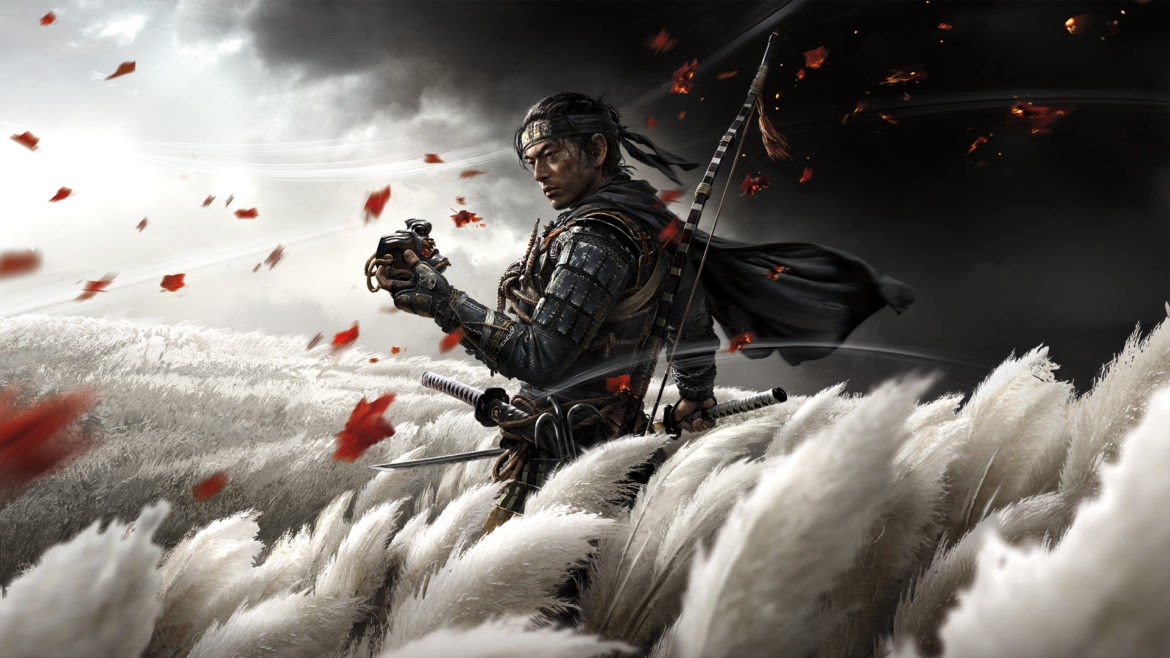TL;DR
Ghost of Tsushima is a visually stunning open-world samurai adventure set in 13th century Japan. As Jin Sakai, you defend Tsushima Island from a Mongol invasion, mastering swordplay and utilizing stealth. While it borrows heavily from titles like The Witcher 3 and Assassin's Creed, it executes these elements effectively. The game boasts a compelling narrative, engaging combat, and impressive graphics and sound design, even offering a cinematic "Kurosawa" mode. Despite some dated gameplay structures and a lack of meaningful player choice impacting the story, it's a highly enjoyable and polished experience. If you're a PS4 owner looking for a captivating samurai epic, you won't want to miss this. Discover why Ghost of Tsushima is considered Sucker Punch's best game yet – read the full review!
The PlayStation 4 is officially succeeded this year by the PlayStation 5, but like the PlayStation 3, the PS4 – arguably the best PlayStation generation since the original – still offers a couple of significant titles in its final years. We’ve already seen Final Fantasy VII Remake, The Last of Us: Part 2, and now Ghost of Tsushima, which garnered considerable attention during its PlayStation showcase debut a few years ago. The finished product is now available, raising the question of whether it’s another must-own, format-exclusive title.
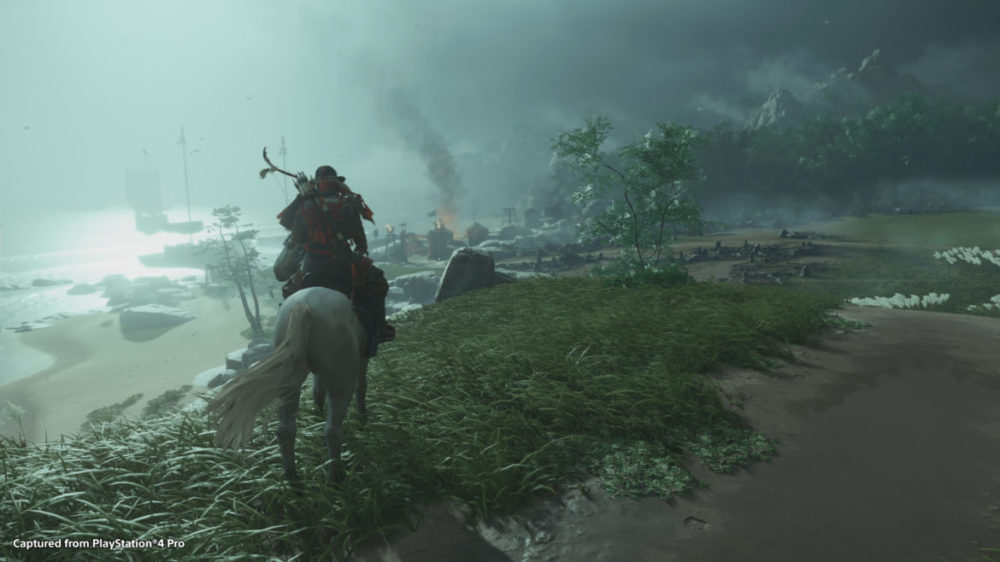
Ghost of Tsushima is set in feudal Japan during the 13th century, an era when samurai held power and maintained order in the land. As Jin Sakai, the last of his clan, you participate in the defense against a massive Mongol invasion force. These invaders arrive from the Asian mainland, led by Khotun Khan, a cousin of Kublai Khan (heir to Genghis Khan, whom some may recognize from the Netflix series Marco Polo). The samurai suffer a devastating defeat, and the Mongols seize control of Tsushima Island. Jin and his uncle, Lord Shimmura, appear to be the only survivors, but Lord Shimmura is soon captured by Khotun Khan. Jin must recover, hone his sword skills, and seek out any remaining samurai and allies on the island to liberate Lord Shimmura and, ultimately, reclaim Tsushima.
Players familiar with modern open-world/sandbox games will find familiar elements here. A visually stunning and seamless world unfolds, featuring main missions, side quests, and explorable locations across a sizable map. The game shares similarities with Witcher 3, partly due to the third-person perspective, and the resource gathering, experience points, and unlockable abilities. There are also aspects reminiscent of Assassin’s Creed, for better or worse. It can be enjoyable to disregard the samurai code and assassinate enemies from the shadows. However, the abundance of points of interest on the map might become overwhelming for completionists. Thankfully, exploring every single point is optional.
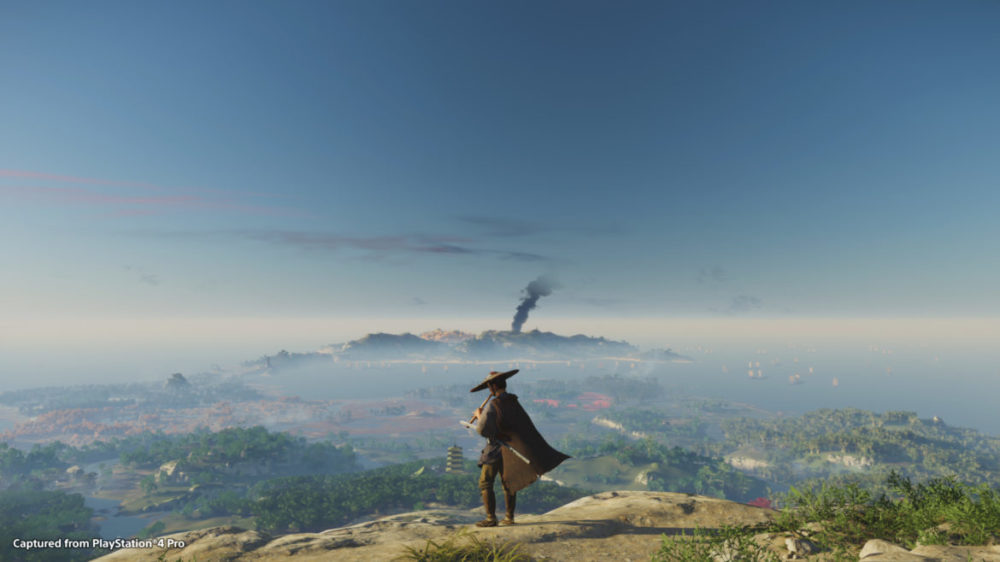
Ghost of Tsushima is easy to pick up, and learning the fundamentals of swordsmanship and mastering the various weapons is relatively quick. The game presents its greatest challenge early on, when the protagonist is at their weakest and the player is still learning the timing for parries and attacks. As you progress, you unlock more powerful attacks, increase your energy, and improve your ability to execute perfect parries and effective counter-attacks. The game incorporates a “resolve” system, which is charged through parries, executions, and other precise attacks, allowing you to replenish health.
The narrative is compelling and engaging, benefiting from a clear protagonist and a formidable antagonist. The supporting characters are diverse and well-developed, without feeling as excessively tormented or revenge-driven as the characters in The Last of Us 2.
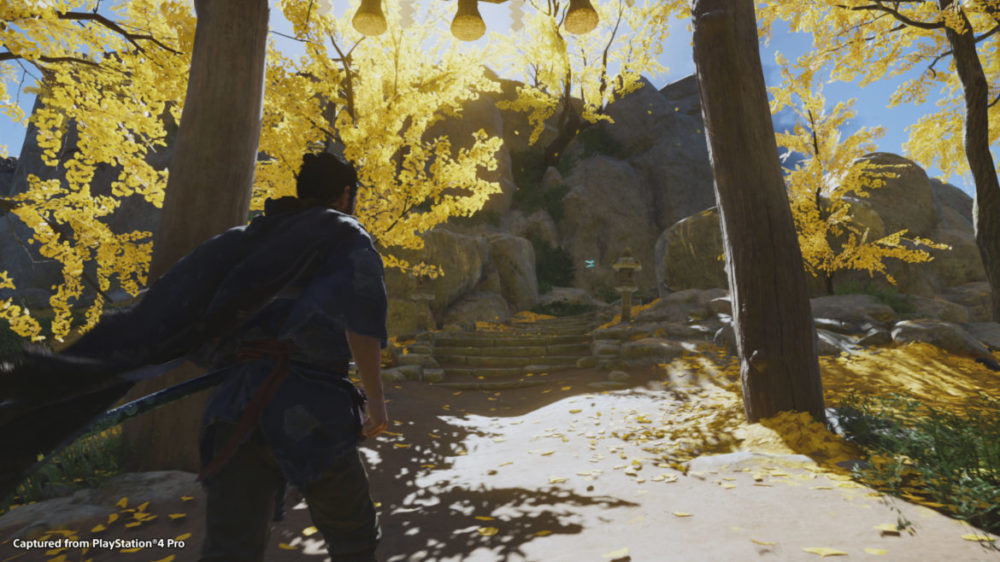
The game’s presentation is impressive. The graphics are stunning, capturing the beauty of the Japanese landscape, from panoramic vistas to flower-filled meadows and traditional architecture. While the level of detail might not surpass that of some previous titles – some games feature superior facial models and better HDR implementation – the game runs smoothly on PS4 Pro (feeling fluid despite the 30 fps), even in graphics mode. Switching to performance mode offered no noticeable advantage, only a reduction in detail, making it a less desirable option.
The sound design and voice acting are excellent. The game offers both English audio, with predominantly Asian actors, and Japanese audio. For those seeking a complete immersion in the samurai experience, a black and white graphics mode, complete with mono sound and film grain (“Kurosawa” mode), is available. This is a nod to the iconic Japanese director Akira Kurosawa, known for his samurai film classics such as Yojimbo, Kagemusha, and perhaps his masterpiece, De sju samurajerna (which inspired films like The Magnificent Seven).
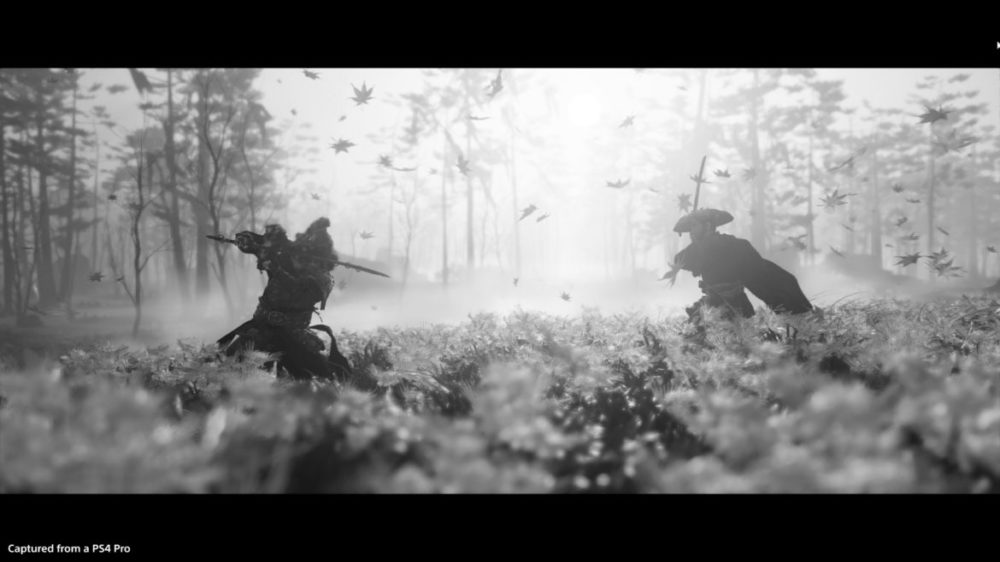
Sucker Punch Productions has long been a AAA Sony studio, though often overshadowed by other prominent studios within the PlayStation ecosystem. Their visually impressive, but challenging, Sly Cooper series (originally for PlayStation 2) had a dedicated following, but was eclipsed by Naughty Dog’s Jak & Daxter and Insomniac’s Ratchet & Clank. The studio achieved greater success with the Infamous series on PlayStation 3, which featured a karma system, allowing players to choose between “good” and “evil” paths. They also delivered a graphically impressive PS4 debut with Infamous: Second Son. A similar karma system was initially considered for Ghost of Tsushima, but ultimately abandoned.
The only real criticism that can be leveled against Ghost of Tsushima is that while the game’s presentation feels modern, its gameplay structure is somewhat dated in that missions (and the game itself) can only be completed in one specific way. There are no meaningful moral choices that impact character outcomes (as seen in the five-year-old Witcher 3), nor is there a way to significantly influence your reputation through good or bad behavior. You can even attack innocent NPCs, but they simply flee without consequence, resembling the limited interactions of older games with non-playable characters functioning purely as “functions”.
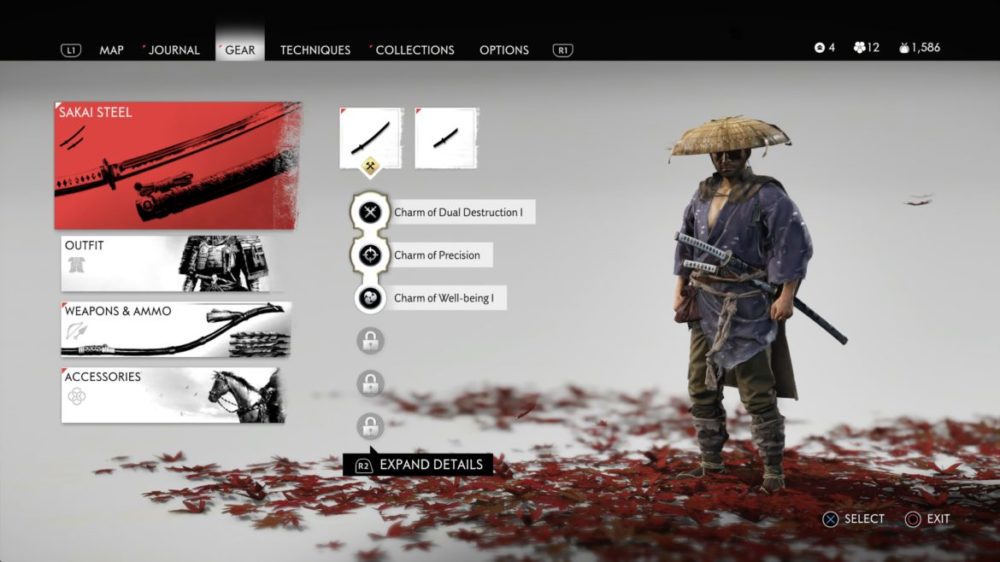
However, established and proven gameplay doesn’t necessarily equate to poor gameplay, and even if the lack of branching narrative paths is a drawback, Ghost of Tsushima – much like Final Fantasy VII Remake – offers a captivating experience that will keep you engaged for a considerable time. Sucker Punch isn’t striving to revolutionize the genre, nor does it need to. They execute classic elements effectively, delivering a highly enjoyable experience.
In my opinion, Ghost of Tsushima is Sucker Punch Productions’ best game to date and, alongside Final Fantasy VII Remake, a leading contender for Game of the Year 2020. And with half the year remaining, several anticipated titles are still to be released (Cyberpunk 2077, Halo Infinite?).
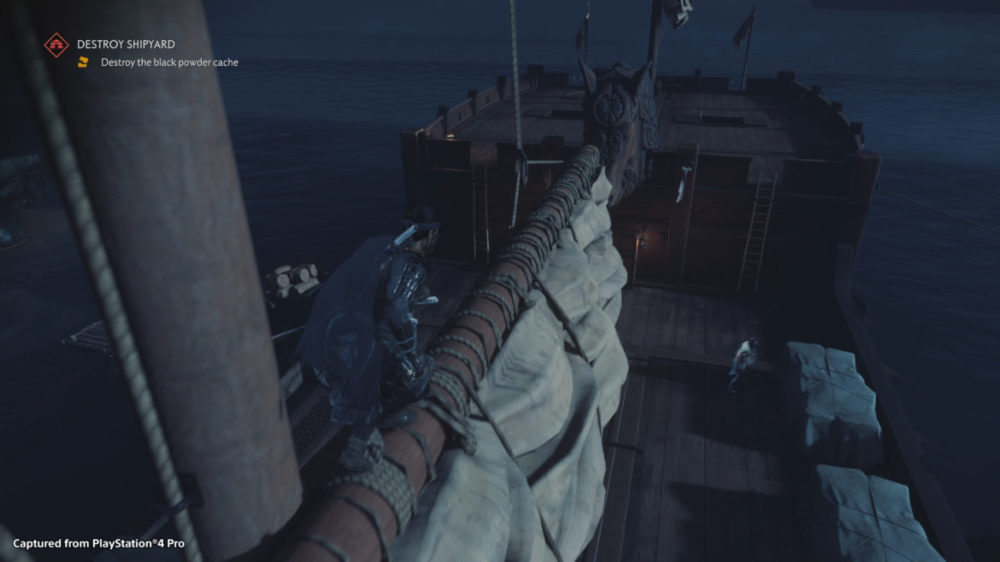
If you own a PlayStation 4 and enjoy open-world games like Witcher 3 and Assassin’s Creed, then treat yourself to a well-crafted samurai adventure (a relatively uncommon theme in major releases). Ghost of Tsushima may not redefine the open-world genre, but it excels at executing its core elements.
Well done, Sony and Sucker Punch!
